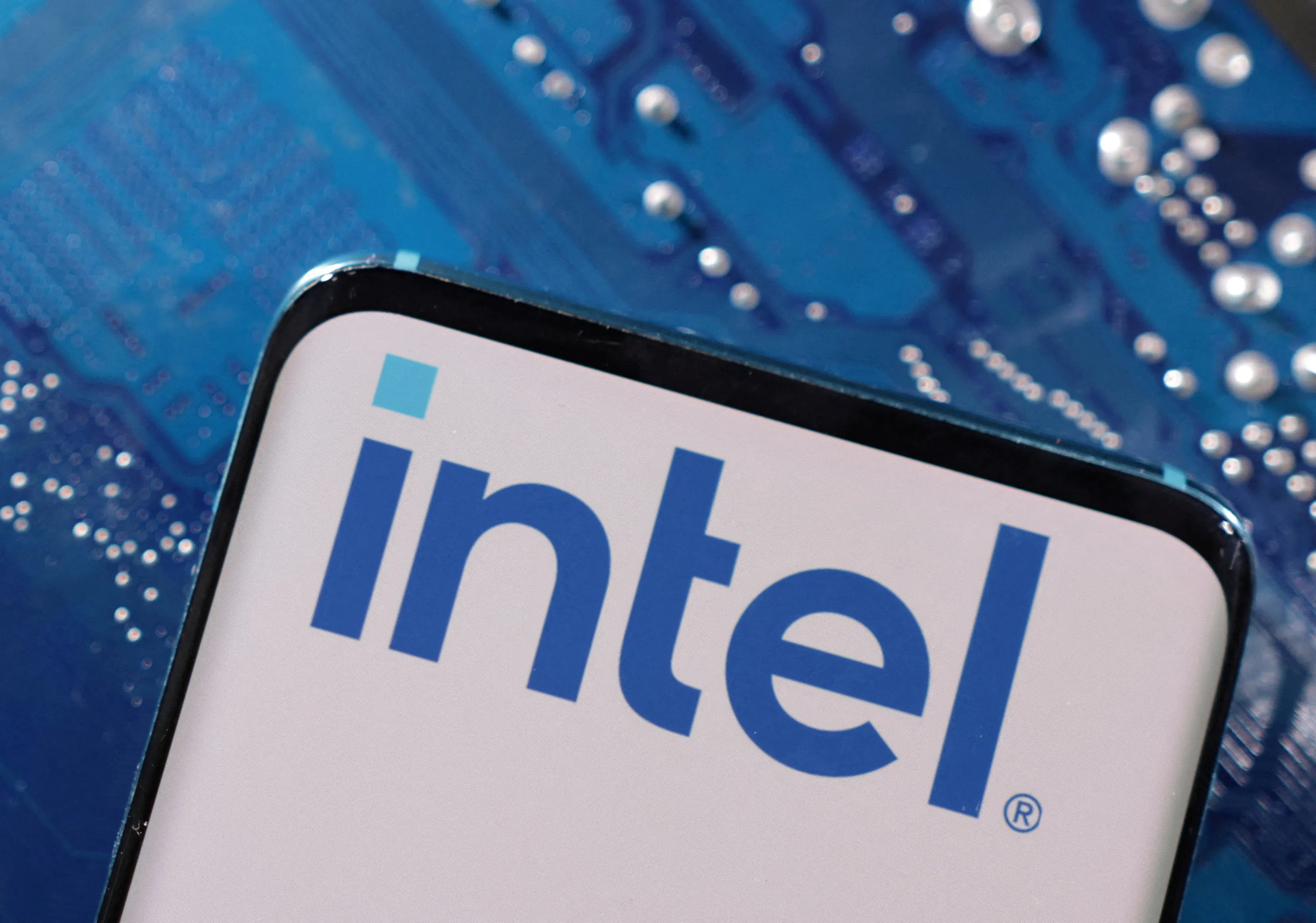INTEL launched its next generation Xeon server processors on Tuesday (Jun 4), as it looks to claw back data centre market share and revealed that its Gaudi 3 artificial intelligence (AI) accelerator chips would be priced much lower than its rivals’ chips.
The sixth generation Xeon chips are crucial for Intel, which has been steadily losing data centre market share to Advanced Micro Devices (AMD).
Intel’s share of the data centre market for x86 chips has declined 5.6 percentage points over the past year to 76.4 per cent, with AMD now holding 23.6 per cent, according to data from Mercury Research.
Stumbles with Intel’s manufacturing process have allowed AMD to take business as it uses Taiwan Semiconductor Manufacturing Company to fabricate its chips.
The Xeon 6 server processors come in two main flavours, a larger, more powerful version, and an “efficiency” model that Intel pitched as a replacement for older-generation chips.
To achieve the same level of computing power as its second generation chips, they will now require about 67 per cent fewer server racks with the efficiency model, which is designed to serve media, websites and perform database calculations.
GET BT IN YOUR INBOX DAILY
Start and end each day with the latest news stories and analyses delivered straight to your inbox.
“Simply put, performance up, power down,” Intel chief executive Pat Gelsinger said at the Computex trade fair in Taipei, where he gave a presentation of the server.
The more powerful performance model is designed to run the computations necessary to generate responses from complex AI models and other tasks that need the increased horsepower.
The “efficiency” Xeon chip is available on Tuesday, with the “performance” model arriving in the third quarter. Intel plans to launch additional variations next year. The sixth generation chip was delayed a year because the company wanted to use a different manufacturing process.
On a briefing call with reporters, Intel said that a Gaudi 3 accelerator kit, which includes eight of the AI chips, sells for about US$125,000, and the earlier generation Gaudi 2 has a list price of US$65,000.
Speaking in Taipei, Gelsinger said the prices looked “pretty compelling”, especially compared with competitors.
“In other words, it crushes the competition.”
AMD and Nvidia do not discuss pricing of their chips. A comparable HGX server system with eight Nvidia H100 AI chips can cost more than US$300,000, according to custom server vendor Thinkmate.
Intel revealed the details of the Gaudi 3 AI chip in April and has positioned it as a considerably cheaper and viable alternative to Nvidia’s H100 chips.
Also on Tuesday, Intel said its next generation laptop chip, called Lunar Lake, uses 40 per cent less power and has more a powerful AI processor in it. Intel said it will ship the chip in the third quarter. REUTERS







